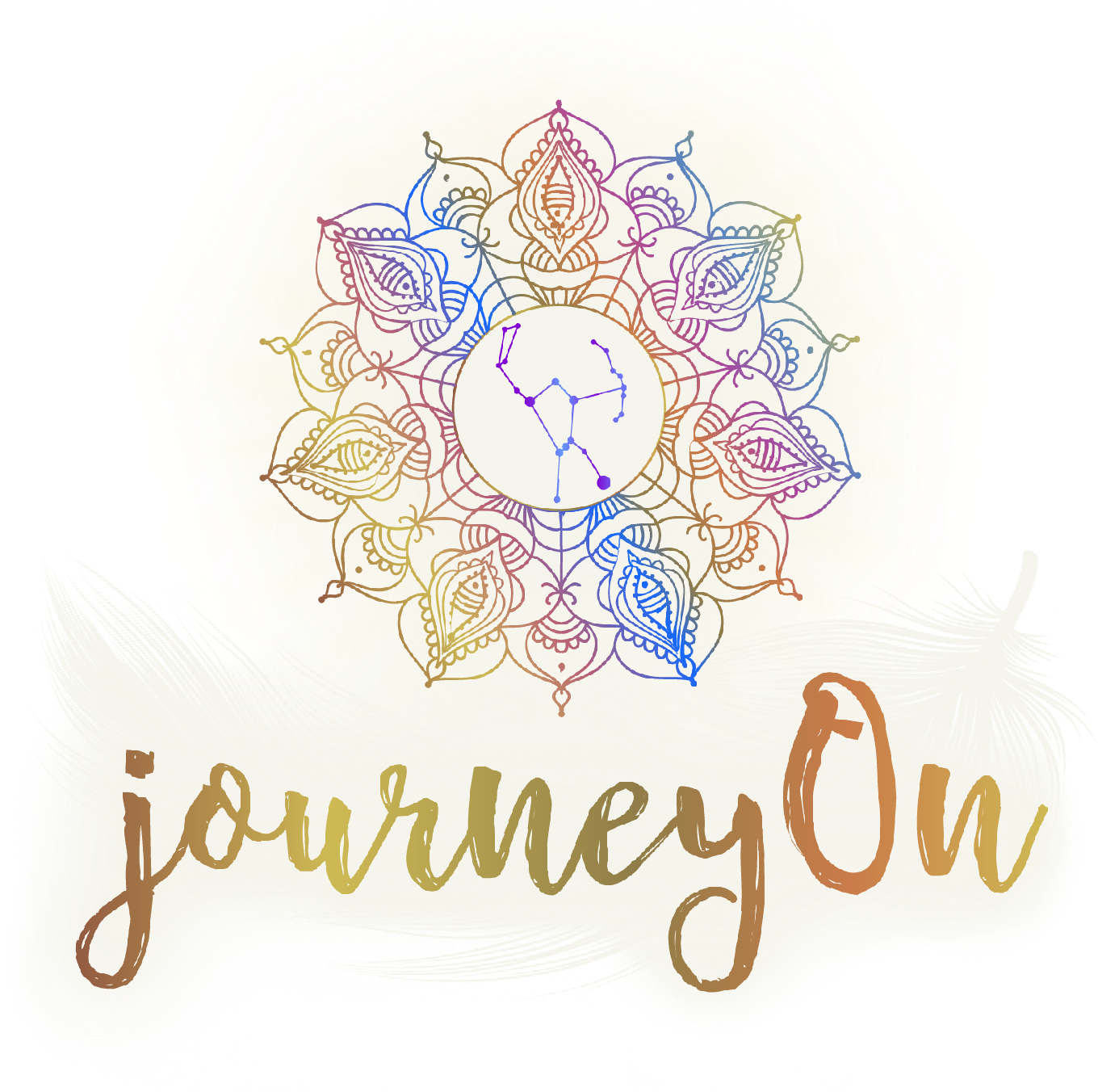Remember that time when you had an argument with someone and they said something like “Jeez, I’m just trying to help”? And maybe you replied with something like, “well, that’s not helping!”?
How about the time when someone helped you in exactly the kind of way you needed. Remember that feeling of pure gratitude, relief, appreciation? Thinking to yourself (or maybe out loud) “Wow, thank you so much, that’s exactly what I needed”.
In my work as a life and relationship coach I notice that people do a lot of guessing when they’re trying to be supportive. They have a good intention (to help) but the outcome is hit and miss. Why? Because the support they give isn’t aligned with what the person actually needs or appreciates.
I’ll cut right to the chase. Effective support is a collaborative process. Their input on the matter is a critical piece. Here’s a good place to start:
1. Articulating to them that you’d like to support them.
2. Ask them specifically, “How can I support you?” or “What kind of support would you appreciate?”. This is different, and juuuuuust slightly better than, “How can I help you?”. Here’s why. Generally speaking, our society doesn’t celebrate asking for help, so that word, “help” can actually shut someone down, because they’re conditioned to not ask for help. The word “support”, on the other hand, isn’t frowned upon. It’s not a trigger word in our minds. I’ve seen much more success and productive conversations when people are asked “How can I support you?” vs “How can I help?”.
Long story short: Stop guessing.
3. Support them in the way they asked. This is something I like to call consensual support.
4. Repeat steps 2 and 3.
Seriously, just give it a try.
